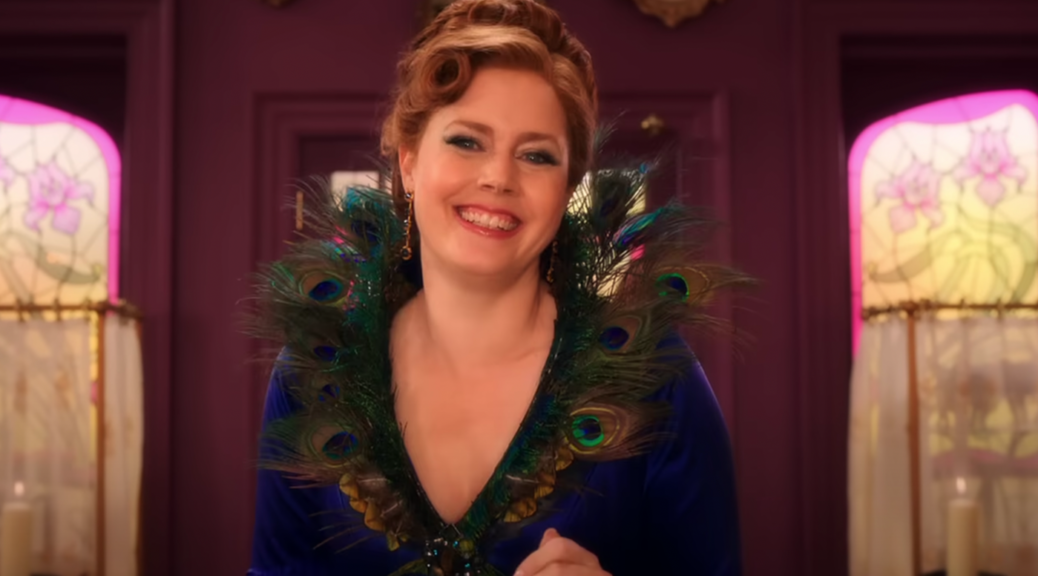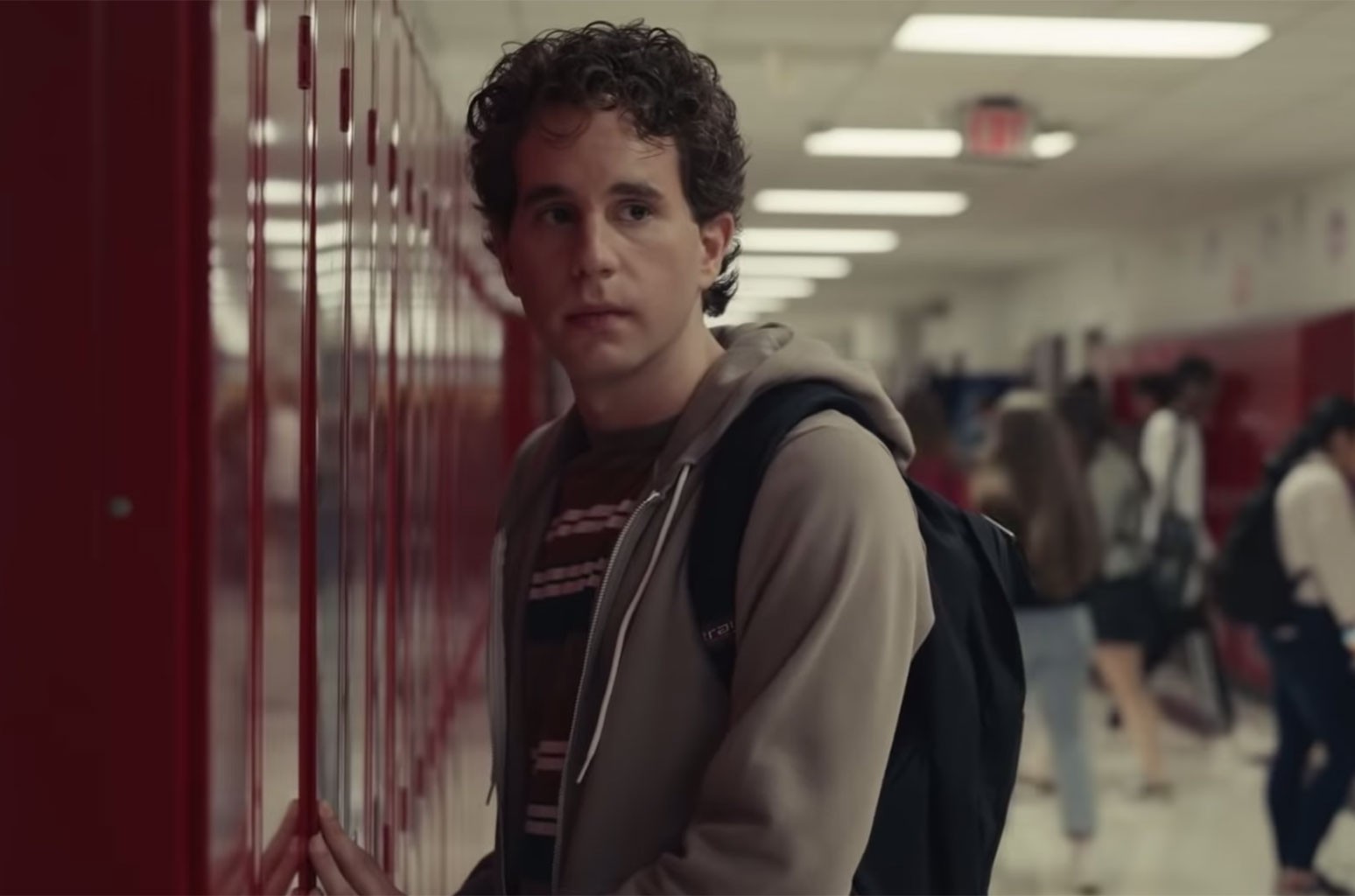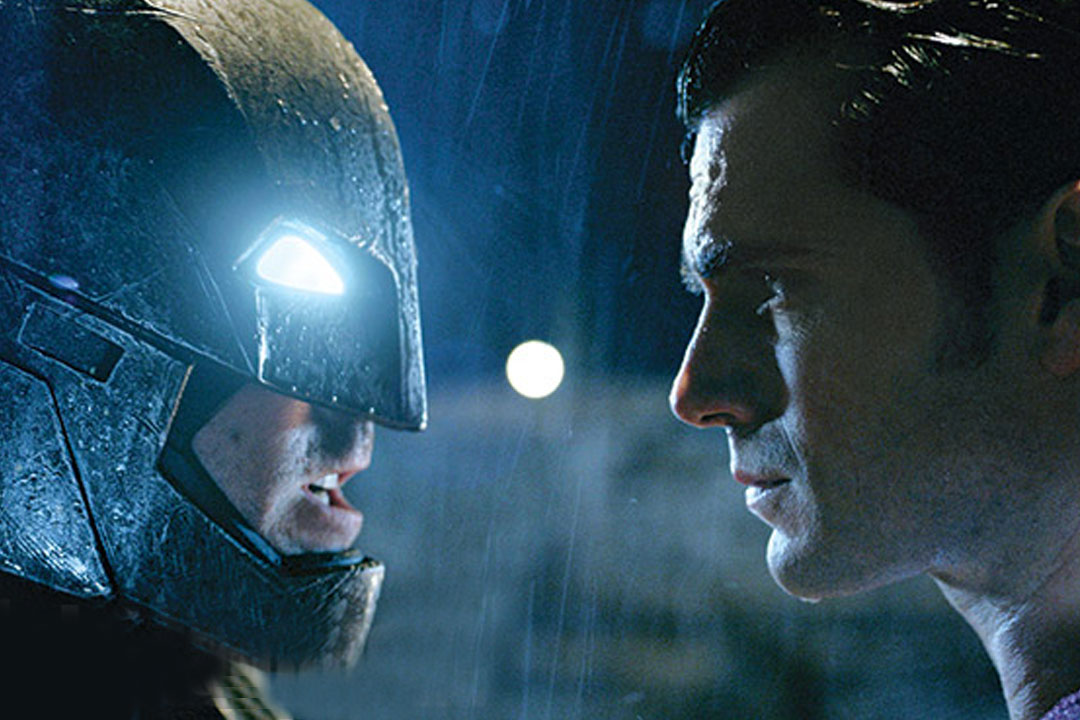Nightbitch
by Hope Madden
There’s something wrong with Mother.
That’s the only name we have for Amy Adams’s character in Marielle Heller’s darkly surreal comedy Nightbitch, because it’s all we really need to know about her. Whatever she was before Baby (Arleigh and Emmet Snowden, adorable)—a successful artist, as it turns out—hardly matters now. Some time before the opening credits rolled, she gave that up to be a stay-at-home mother. And like most humans on the planet, she had no real idea what parenthood would mean.
Adams is wonderful at articulating with a gesture or a glance the loneliness and isolation, the weariness and guilt and self-loathing that can seep into days spent truly loving the tiny, filthy, needy little monster eating up every waking second of your life.
But in case you miss it, Heller’s script, penned with Rachel Yoder, allows her a number of alternative ways to beat you about the head and neck with it. These include voiceover narration as well as fantasy sequences where she screams at and slaps those who insult or underestimate her. Plus, of course, there’s the larger metaphor at work in which Mother embraces her inner bitch goddess and indeed turns into a feral dog at night.
Parenting is exhausting, especially if it’s not a truly shared responsibility. Society is set up to judge women whether they work or stay home, and no matter how their kids behave. Adams delivers a delightfully subversive take on motherhood and navigates tough material to carve out a sympathetic and funny character. But the metaphor itself—Heller’s touch with magical realism—weaken rather than strengthen the effort.
The real problems with Nightbitch, though, are all first world. These parents can afford to live in a big, spacious suburban neighborhood on one income. Mother’s artist friends can afford nannies, and her “Book Baby” mommies also all seem to flourish financially without a second income.
Which is to say that Mother’s choice to give up her career and stay home with her son, while fraught with self-sacrifice, feels more like privilege than burden since most parents have no such choice in front of them.
And if the problems are only for the wealthy, the solutions are equally out of reach for most audiences. Which makes it hard to root for Mother, no matter how truly (and characteristically) excellent Adams is.













